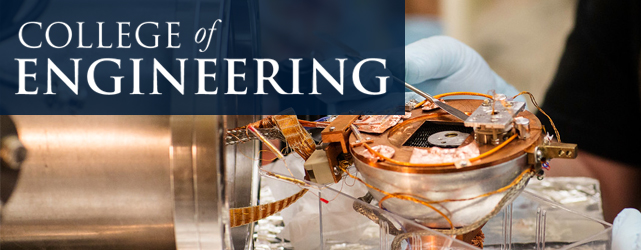Document Type
Article
Journal/Book Title/Conference
Entropy
Volume
22
Issue
5
Publisher
M D P I AG
Publication Date
5-19-2020
First Page
1
Last Page
26
Creative Commons License

This work is licensed under a Creative Commons Attribution 4.0 License.
Abstract
Estimating the parameters of the autoregressive (AR) random process is a problem that has been well-studied. In many applications, only noisy measurements of AR process are available. The effect of the additive noise is that the system can be modeled as an AR model with colored noise, even when the measurement noise is white, where the correlation matrix depends on the AR parameters. Because of the correlation, it is expedient to compute using multiple stacked observations. Performing a weighted least-squares estimation of the AR parameters using an inverse covariance weighting can provide significantly better parameter estimates, with improvement increasing with the stack depth. The estimation algorithm is essentially a vector RLS adaptive filter, with time-varying covariance matrix. Different ways of estimating the unknown covariance are presented, as well as a method to estimate the variances of the AR and observation noise. The notation is extended to vector autoregressive (VAR) processes. Simulation results demonstrate performance improvements in coefficient error and in spectrum estimation.
Recommended Citation
Moon, T.K.; Gunther, J.H. Estimation of Autoregressive Parameters from Noisy Observations Using Iterated Covariance Updates. Entropy 2020, 22, 572. https://doi.org/10.3390/e22050572


